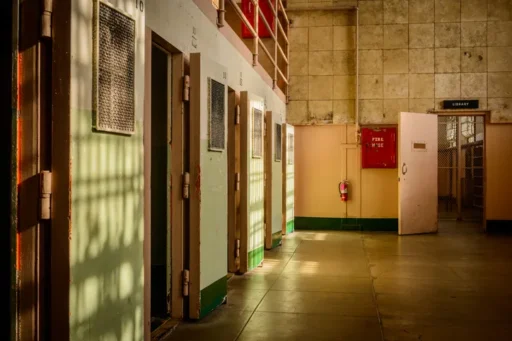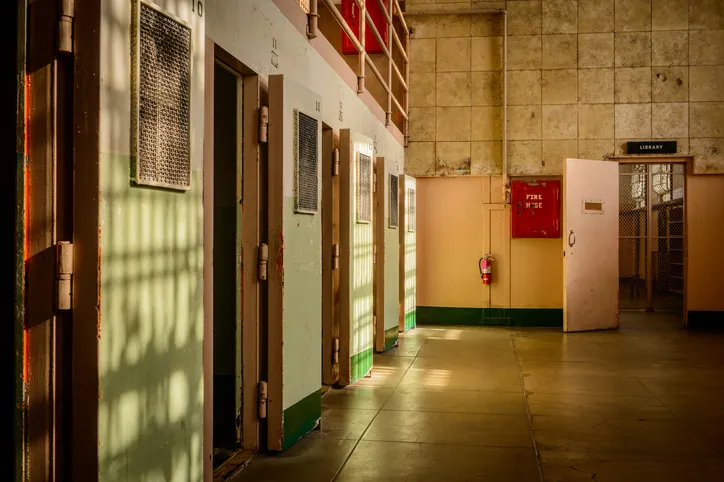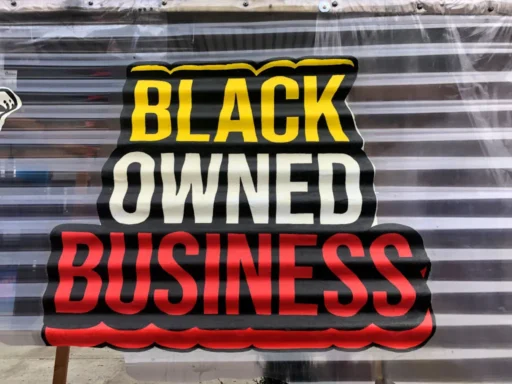The situation at Red Onion State Prison in Virginia, particularly the recent reports of 12 Black prisoners setting themselves on fire in a two-week span this fall, highlights a harrowing reality of alleged systemic abuse, neglect, and racial disparities in the U.S. prison system. These events, coupled with years of allegations from advocates and journalists like Kevin Rashid Johnson, paint a grim picture of life inside this supermax prison.
Key Allegations of Abuse
- Horrific Living Conditions: Reports include prisoners being forced to drink toilet water, food infested with maggots, and denial of critical medical care.
- Violence and Torture: Alleged severe beatings, use of electroshocks, and extreme solitary confinement lasting up to 15 years.
- Systemic Racism: The prison is located in a predominantly white, rural area, while most prisoners are Black and from urban environments. This dynamic has reportedly fostered a culture of racial hostility and secrecy.
- Desperation Leading to Self-Immolation: According to Rashid Johnson, the self-immolation incidents in September were acts of desperation, not insanity, as prisoners sought to escape unbearable conditions.
Economic Context
The prison, built in the economically depressed area of Wells, Virginia, provided jobs to local residents after the coal mining industry declined. However, this economic lifeline for the community came at a high cost, with predominantly Black urban men being sent to this remote, isolated facility under questionable circumstances. Many were transferred there for administrative infractions or as part of deals to alleviate overcrowding in other jurisdictions.
Kevin Rashid Johnson’s Role
As both a prisoner and a journalist, Kevin Rashid Johnson has been a vocal critic of Red Onion’s operations. Through hunger strikes and commentary distributed via platforms like Prison Radio, he has sought to shed light on the abuse, despite the risks to his safety. Johnson has drawn attention to the systemic issues, including the prison’s lack of oversight and its alleged role in perpetuating racial and economic injustices.
Response and Denial
Initially, prison officials denied the self-immolation reports entirely, later conceding that four men had suffered burns, but attributed these to electrical incidents rather than self-inflicted harm. This discrepancy underscores concerns about transparency and accountability in reporting incidents within the facility.
Broader Implications
The situation at Red Onion reflects a broader pattern of systemic issues in the U.S. prison system, including racial disparities, economic exploitation, and a lack of meaningful oversight. Advocacy for prison reform, led by individuals like Rashid Johnson, as well as organizations and journalists, continues to push for transparency and accountability.
The tragic events at Red Onion underscore the urgent need for reforms to address the treatment of incarcerated individuals and ensure humane conditions, particularly in supermax facilities that have been criticized for their harsh environments and potential for abuse.






